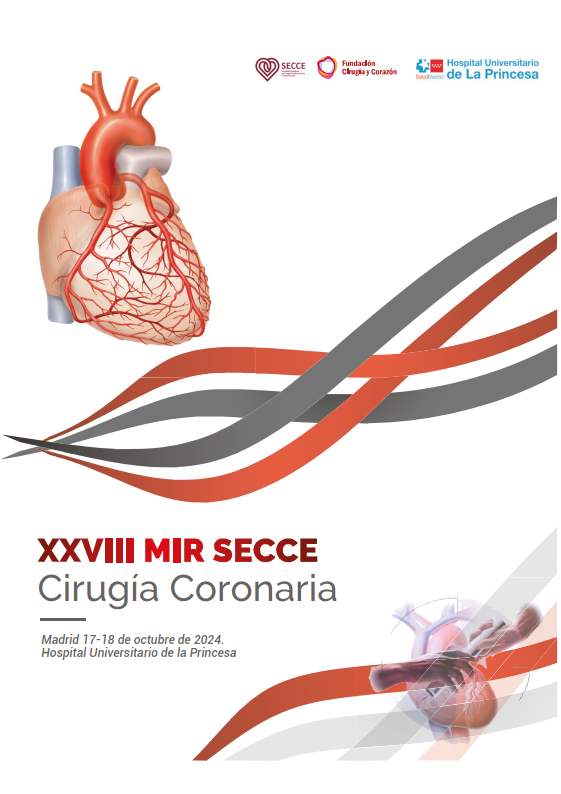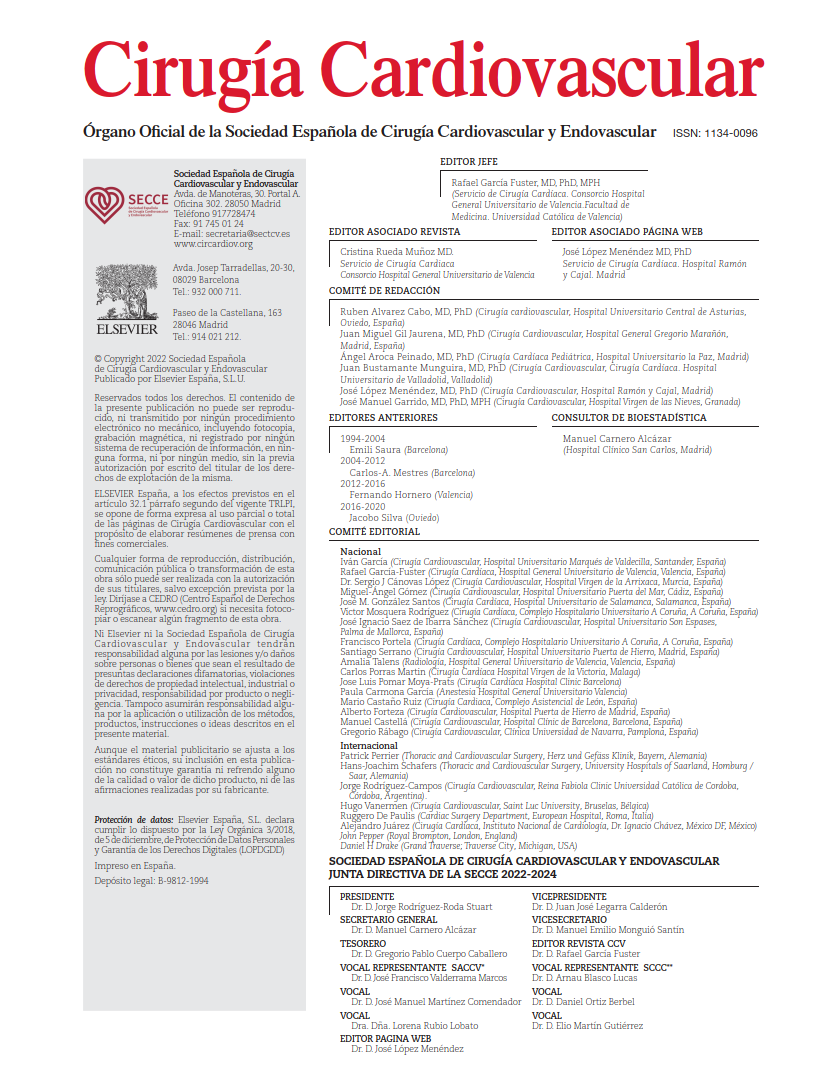Cardiovascular medicine, characterized by long working hours, high stress levels, and significant physical demands, increases the risk of burnout and health issues among professionals in the field. Despite the well-documented benefits of regular exercise, including improved cardiovascular health, reduced anxiety, and enhanced cognitive function, surgeons and interventional cardiologists often face substantial barriers to incorporating these practices into their daily routines. Limited access to gyms, accumulated fatigue, and irregular schedules are just some of the factors that make maintaining a healthy lifestyle challenging.
This reviewed article provides a practical guide based on the authors’ experiences, aiming to implement exercise routines and nutrition plans tailored to the needs and constraints of cardiovascular surgeons and interventionalists. The routines include specific stretching exercises, such as neck tilts, shoulder rolls, chest openers, upper back stretches, and eye relaxation techniques. Additionally, it presents two physical training regimens: one without equipment, incorporating exercises like push-ups, squats, planks, lunges, mountain climbers, and burpees, and another utilizing basic equipment, including functional movements with dumbbells and kettlebells. The nutritional plan emphasizes the importance of advance meal preparation, focusing on lean proteins and fresh vegetables, complemented by adequate hydration. These strategies, when properly adopted, can enhance physical and mental well-being, reduce burnout risk, and improve the professional performance of this group.
The authors conclude that implementing structured wellness programs, including practical exercise routines and evidence-based nutrition strategies, can promote better physical and mental health among cardiovascular surgeons and interventionalists. They also highlight the importance of fostering an institutional culture that supports these initiatives to reduce burnout, improve work-life balance, and ensure the delivery of high-quality healthcare.
COMMENTARY:
The proposed specific stretching exercises are valuable tools for relieving accumulated tension and preventing common musculoskeletal injuries. The no-equipment routine is ideal for small spaces, while the equipment-based routine allows for a more comprehensive workout by incorporating weights and functional movements. Regarding nutrition, the focus on advance planning and proper hydration is essential to maintain performance during long work shifts.
Stretching exercises, such as neck tilts and shoulder rolls, address chronic pain associated with heavy equipment use and sustained postures. The no-equipment routine efficiently incorporates physical activity into limited timeframes, while the use of basic equipment in the second routine offers greater variety and adaptability according to fitness levels. These strategies are simple to implement and do not require significant resources.
Moreover, the article could have delved further into practical solutions for overcoming common barriers. For example, suggestions on integrating exercise into daily routines through activities like using hospital stairs, performing stretches during surgical breaks, or utilizing mobile apps to track physical activity would be helpful. In terms of nutrition, including strategies for selecting healthy options in hospital settings or managing time for meal preparation would also be beneficial.
The article relies primarily on the personal experiences of the authors, which limits the generalizability of its findings. It also lacks empirical validation or quantitative results supporting the effectiveness of the proposed strategies. Additionally, it could provide more depth on tailoring recommendations to the individual needs of professionals, considering factors such as age, physical condition, and personal preferences. The inclusion of techniques like mindfulness or meditation could complement the proposed strategies by addressing mental and emotional well-being.
This article underscores the importance of prioritizing health and wellness in such a demanding field as cardiovascular surgery and interventional cardiology. While the strategies presented offer an excellent starting point, they require empirical validation to be considered definitive guidelines. Furthermore, promoting a cultural shift within institutions would be valuable. This could involve creating rest and exercise spaces in hospitals, organizing workshops on healthy habits, and implementing policies that facilitate work-life balance. These actions would not only benefit professionals but also improve the quality of patient care.
REFERENCE:
Colon S, Ahmed A, Hameed I. The heart is a muscle: on-call fitness guide for the busy cardiovascular surgeon and interventionalist. European Heart Journal. 2024;45:4878-4880. doi: 10.1093/eurheartj/ehae676



